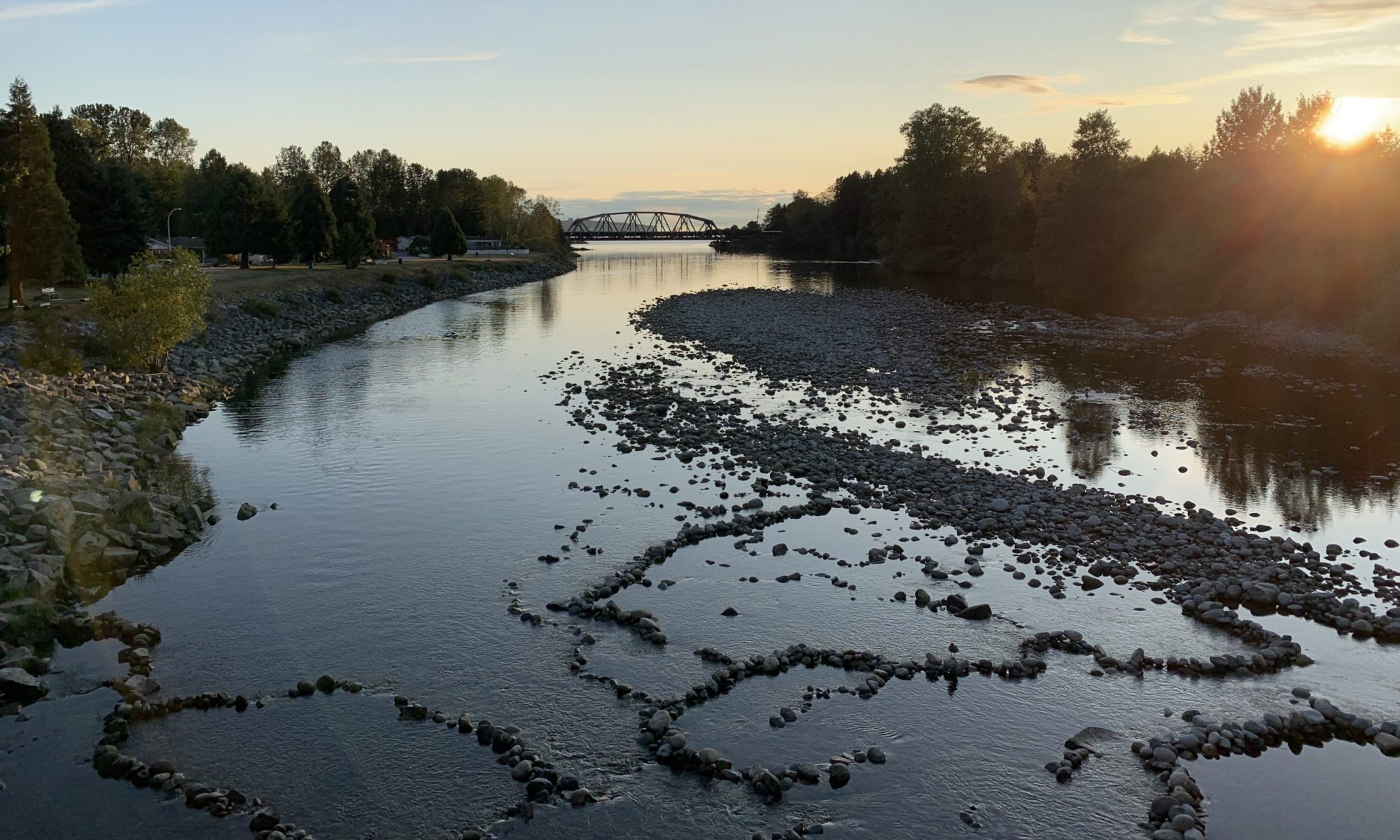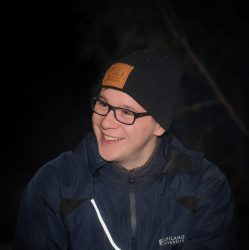It is strange to recognize yourself as being part of a significant historical moment. Media and literature regularly explore the humanity of characters finding themselves in a “this is really happening” moment (The Walking Dead, A Quiet Place, The Day After Tomorrow, and 1984 come to mind), and fantastic storytelling often emerges from those narratives. I believe that there is fascination and curiosity in engaging with stories of society being dramatically altered; the ultimate escapism is looking at – from a safe, imaginary, and removed perspective – what the world would look like, and how people would react, when “the shit hits the fan.”
COVID-19 does not have the death toll or the apocalyptic images that pop culture has frequently associated with the end of the world via global pandemic. However, I believe that it is important to understand the underlying existential impact of living through such a significant point in human history. Not since World War II has global society been collectively threatened, to the extent that COVID-19 has threatened it, by a single chain of events. I would identify the threats of natural disaster, global pandemic (and zombie apocalypse, by extension), (nuclear) war, extraterrestrial invasion, and devastating climate change as deeply-rooted, existential fears that most humans share. With COVID-19, I can, for the first time in my life, relate to an aspect of the experience of everyone around me. I distinctly remember the day in March when Prime Minister Trudeau announced the measures that would be implemented in Canada; the parked car doors were all open and the radio was on full volume as I helped my Aunt and Uncle gather their things from the school they teach at. I remember walking through Whole Foods in North Vancouver; I shared the fear and confusion on others’ faces as people stocked up on food supplies. I remember how real it felt to peer through my foggy glasses as I breathed through my mask, and I remember how isolating it felt to focus on and hear my breathing so distinctly for the first time.
For me, the (initially very significant) worry that I might be experiencing the end of humanity subsided after a few months. I became gradually more invested in the politics of COVID-19; Donald Trump’s handling of the virus, anti-maskers, and the trajectory of vaccine development became things that I could follow rationally. However, I do believe that the underlying existential threat (of being fully immersed in one of the five human fears that I mentioned above) does not simply vanish.
Going into 2020, I was already battling a debilitating addiction and years of mental health issues. In July, I found out that my Grandfather – one of my closest and most cherished friends – was diagnosed with pancreatic cancer. I had visited him in June, and we had capped off a special visit with a gruelling, 75km bike ride up the highest paved mountain pass in Canada. Luckily, his closest family members were able to be with him in Calgary throughout August and the beginning of September, when he passed away. One of the hardest parts of loosing such a close friend during a global pandemic (and I realize that I am beyond lucky to have been able to be with him), is that there was barely a half day of grieving as a family before everyone’s attention had to turn to getting back to our lives. The most impactful consequence of COVID-19 restrictions was not the lack of a funeral (although one is planned for later this year), it was that there was no extended family or friends to help those that lost their grandpa, dad, or husband. The group of people, my family, who I had shared the most traumatizing and draining weeks of my life with began to disperse hours after he passed away. The next day I was packing to return to North Vancouver.
I did my best to turn my attention to the semester that had already begun days before my Grandfather died, and I surprisingly finished the Fall 2020 semester with an A+ average in four courses. While my marks flourished, however, my mental health – especially challenges with addiction – deteriorated rapidly. My experience of the Fall 2020 semester felt much like the exasperating and unhinged experience of Phil in the 1993 comedy/romance film Groundhog Day. I lost the ability to naturally know the day of the week, relying solely on referring to my academic schedule daily; I lost the few remaining connections to past friends that I had been desperately holding on to; I lost my independent and adventurous spirit due to the worsening COVID-19 restrictions; my addiction took complete hold to the point that it and University work became the driving forces of my continued existence; the only humans I interacted with were my roommates (my Aunt and Uncle); and I rarely left the house, as I attended classes, worked, and volunteered completely online.
I attribute much of the effect of COVID-19 on my mental health to an undermining dichotomy between living in the midst of a global pandemic and getting back to “normal.” In the Spring of 2020 (as COVID-19 hit Canada), my way of life revolved around a panicked, defensive, all-hands-on-deck sense of being in survival mode; for much of the Summer of 2020, my way of life revolved around being in Calgary with and for my Grandpa. Over the last few months, the fight-or-flight energy of the pandemic that I felt subsided, as vaccines were developed and it became clear that COVID-19 would end before it could wipe humans off the face of the earth. However, while the future story of COVID-19 will not be focused on the pandemic causing the highest death toll or mortality rate (I can only hope), it will be focused on the drastic and ubiquitous impact that this pandemic has had on global human society.
Regardless of how COVID-19 will be remembered, the chapters in everyone’s lives continue to be written. Many of the aspects of both my day-to-day life and the major decisions that come with being twenty (and close to finishing my second year of University) seem menial, relative to how strange the world feels. I am excelling at my studies, but can’t honestly say that I am enjoying the experience of University at all. I am in the middle of some of the most important years of my life, but they are undercut by the existential impact of living through a pandemic. I am extremely lonely; I am adding the weight of a global pandemic to my mental health, and I was already struggling with addiction, suicidality, anxiety, and depression; I am moving through my time at University (and I got a glimpse of how special the connections, the relationships, and simply being on campus can be at University), but I am experiencing it through a screen; and my physical health has plummeted as a busy schedule directly correlates to sitting at a desk for most of the day. COVID-19 will likely be remembered as being responsible for prompting the most sudden and drastic societal shift of the last few centuries, and people of my generation are being tasked with finding themselves, and their place in the world, in the midst of it.
I feel for every person who has had to live through this pandemic. I especially feel for every person of my generation who can’t spend time with friends, party, explore, meet new people, meet life partners, and experience the world as an individuated adult in the ways that “western” society has deemed important. COVID-19 seems to be conveniently flawless at turning rampant capitalism and globalization against the species that established those systems. In the future, that might be seen by humanity as a poetic justice; it could also be seen as a warning from mother nature or a higher power, or it could be seen as human exceptionalism inevitably overextending the species.
For me, I will remember what it is like for one of the most important chapters of my life to come during the hardest stretch of time that I, and so many others, have experienced.

